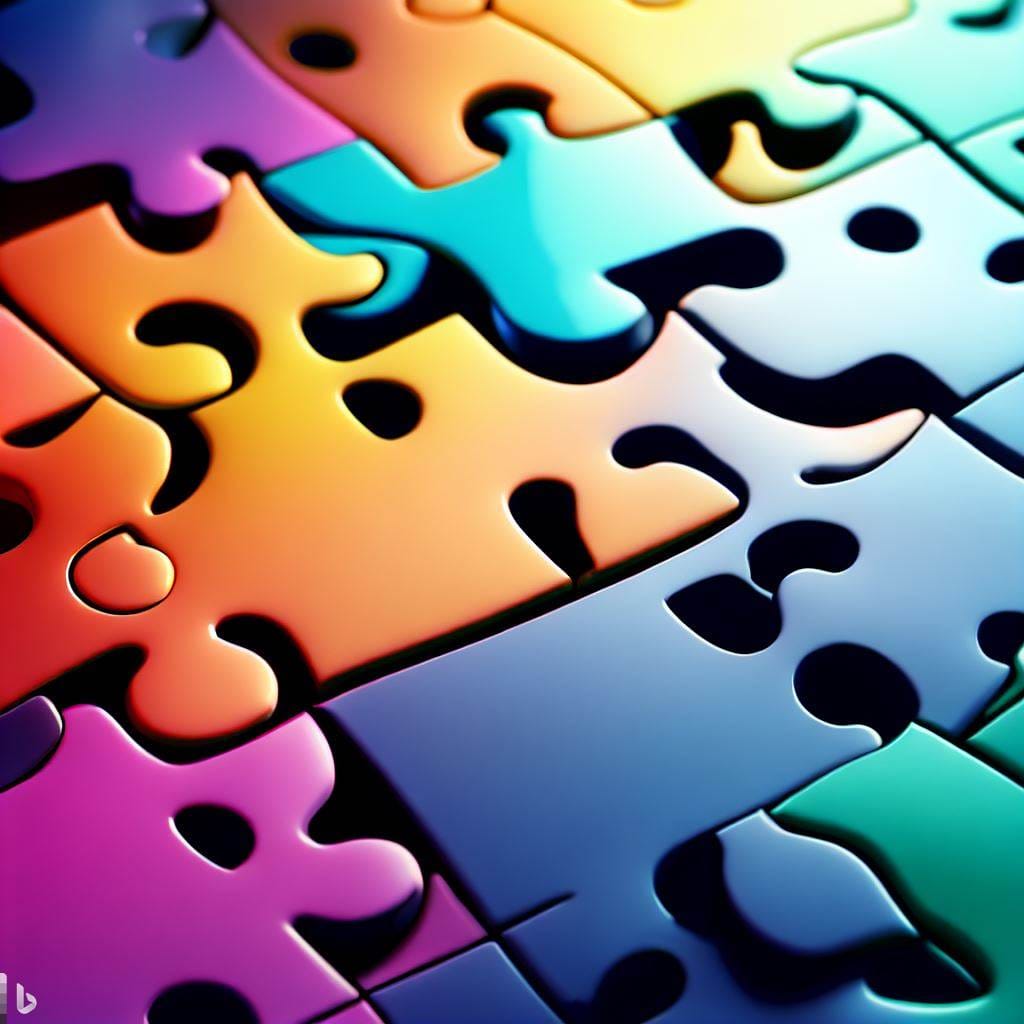Unravelling ADHD. What Medication Can and Can’t Do, and the Holistic Path Forward


Medication can indeed be an important tool in helping children with Attention Deficit Hyperactivity Disorder (ADHD). These medicines work by increasing certain chemicals in the brain, making it easier for kids to focus and pay attention.
The Good Stuff Medication Can Do:
1. Help with Focus: The medicine can help kids concentrate better on school work, making it easier for them to learn.
2. Improve Test Taking: The medicine can help kids stay focused during tests, helping them to remember and understand the material.
3. Improve Grades: With better focus and less impulsive behaviour, kids might start to do better in school, which could be seen in their grades.
4. Help with Homework: Medicine can make it easier for kids to finish their homework, as they may be more focused and less easily distracted.
5. Help with Everyday Tasks: It can also help kids to start and finish everyday tasks, like doing homework or getting ready for school.
6. Better Mornings: Kids might find it easier to get ready for school in the morning.
7. Get Along with Others: While the medicine won’t directly teach social skills, it might help kids to be less impulsive, which can smooth over social interactions.
What Medication Can’t Do:
But, remember, medicine can’t do everything:
1. Emotional Stuff: It might not help with feelings like low self-esteem, worry, or sadness that often go hand in hand with ADHD.
2. Getting Along with Others: Medication won’t directly teach social skills, like understanding when it’s your turn to talk or how to make friends.
3. Other Problems: Sometimes kids with ADHD also struggle with other problems like learning difficulties, worry, or sadness. The ADHD medicine won’t treat these directly.
Other Ways to Help Manage ADHD:
Medicine works best when it’s just one part of the plan to manage ADHD:
1. Eating Well: A healthy diet with lots of fruits, vegetables, proteins, and complex carbs can help kids feel their best. Some research suggests that Omega-3 supplements might help with ADHD symptoms.
2. Staying Active: Regular exercise can increase the brain’s feel-good chemicals, which can help kids with ADHD to concentrate and pay attention.
3. Good Sleep: Getting enough sleep is really important. If kids don’t get enough sleep, it can make ADHD symptoms worse.
4. Relaxation Techniques: Things like mindfulness, yoga, and deep breathing can help kids focus and manage stress.
But, as Dr John Flett emphasises, it’s crucial to approach ADHD with a holistic lens. This means not just thinking about medication like Ritalin, but also considering every part of a child’s life. A thorough holistic assessment includes the family environment, the child’s genetics, any learning or emotional issues, behavioural problems, feelings of worry or sadness, learning disabilities, and any other medical problems that might be affecting a child’s health.
Without this comprehensive understanding and approach, we can’t fully manage ADHD. Such a detailed, all-encompassing investigation should be carried out by someone with a lot of knowledge and expertise in ADHD. They can guide parents through the process, ensuring all potential factors are considered.
So, in a nutshell, managing ADHD isn’t just about medication. It’s about looking at the big picture, understanding all the different parts of their world, and making a plan that suits them. It’s about taking a holistic approach to their wellbeing. And that’s exactly what Dr John Flett believes in and practices. He is dedicated to helping parents navigate all aspects of this journey, ensuring the best possible outcome for their children.

Responses